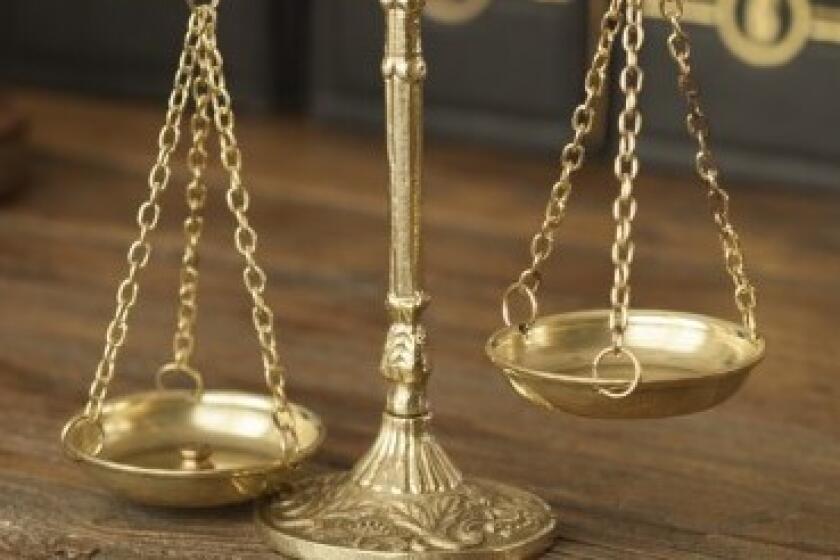Views from the top
- Share via
Paul Saitowitz
He may not wear the trademark hat or carry a whip with him wherever
he goes, but Dr. Peter Keller is a modern-day Indiana Jones.
He’s been to China 40 times, Columbia 24 times and he once went to
Tibet -- a three-day journey -- on a Thursday and was on his way home
by Saturday. He brings the art of ancient civilizations from all over
the world to the United States, and spends days negotiating with the
officials from likes of Israel, Tibet and South America. Convinced
yet?
The Newport Beach resident and director and president of the
Bowers Museum of Cultural Art has turned the small mission-style
building in the heart of Santa Ana into a world-class internationally
recognized institution of cultural art.
He brought the Dead Sea Scrolls -- which had never left Israel
before -- to Bowers, and now he’s at it again.
After two years and six trips back and forth to Tibet -- a city
14,000 feet above sea level where the hotel rooms come equipped with
oxygen tanks and yaks are almost as common as people -- for varying
periods of time, he has secured the “Tibet: Treasures From the Roof
of the World” exhibit.
The exhibit marks the first time that the Dalai Lamas’ personal
treasures have been taken out of the country, and it is the biggest
show of Tibetan artwork outside of the country ever.
“He’s a genius when it comes to finding and exhibiting and putting
collections of art together,” said Rick Weinberg, Bowers Museum
marketing director. “He is world-renowned in his field.”
For Keller to convince the Tibetans to allow these priceless, very
fragile works of art to come with him back to the States took quite a
bit of fortitude. Having to contend with the altitude was one thing,
but having to deal with the language barrier and cultural difference
were big obstacles.
“Yaks are really worshiped in Tibet, and they make all kinds of
food out of them so the scent is everywhere you go,” Keller said.
“After three weeks at a time of dealing with that ... it can be
trying.”
Those trying times are what made it all happen.
“Every time I went back the people there got to know and trust me
more and more,” he said. “I think the fact that I kept showing up is
what allowed this exhibit to happen. If I had just written letters, I
would have had no chance.”
The exhibit features almost 200 pieces drawn from the 1,000-room
Potola Palace -- the home of the Dalai Lama -- the Tibet Museum in
the capital city of Lhasa and the Norbulingka Museum, which is also
in Lhasa.
Keller was allowed in rooms in the palace that were rarely entered
by anyone, yet alone Westerners.
“It was really an experience to walk into a room in this enormous
palace with no elevators and tiny stairways and see thousands of
different statues of Buddha,” he said.
When it came to selecting the pieces, he brought along several
scholars, but also kept the untrained eye in mind.
“Sure we were looking for the most historically meaningful works,
but if the exhibit only appealed to scholars it would alienate
people,” Keller said. “I took the vantage point of John Q. Public,
and selected a few things that I just thought were cool.”
The exhibit has drawn praise from around the globe and will be on
display until Sept. 12, at which time it will shown at a museum in
Houston, followed by New York and San Francisco.
All the latest on Orange County from Orange County.
Get our free TimesOC newsletter.
You may occasionally receive promotional content from the Daily Pilot.



